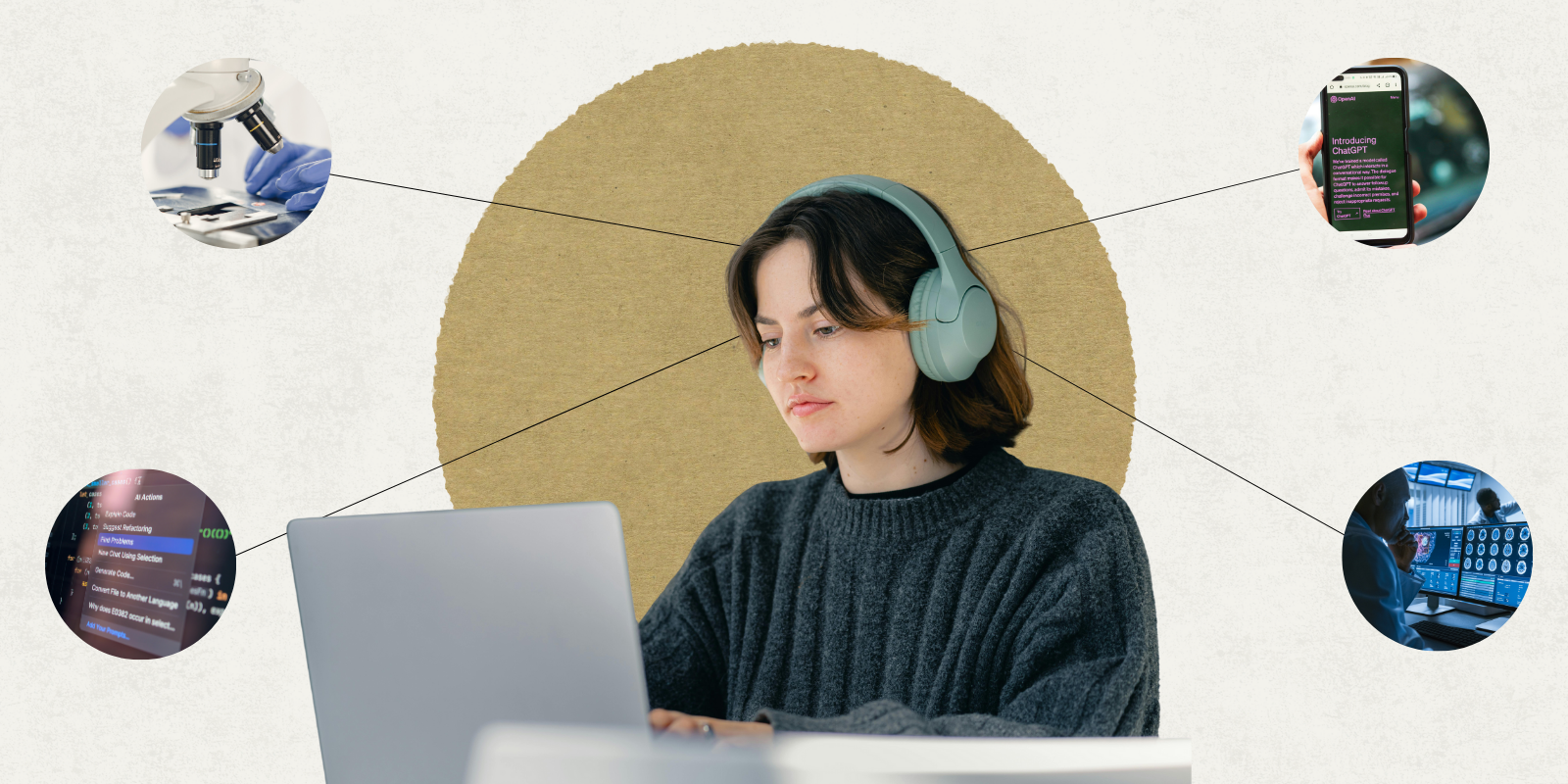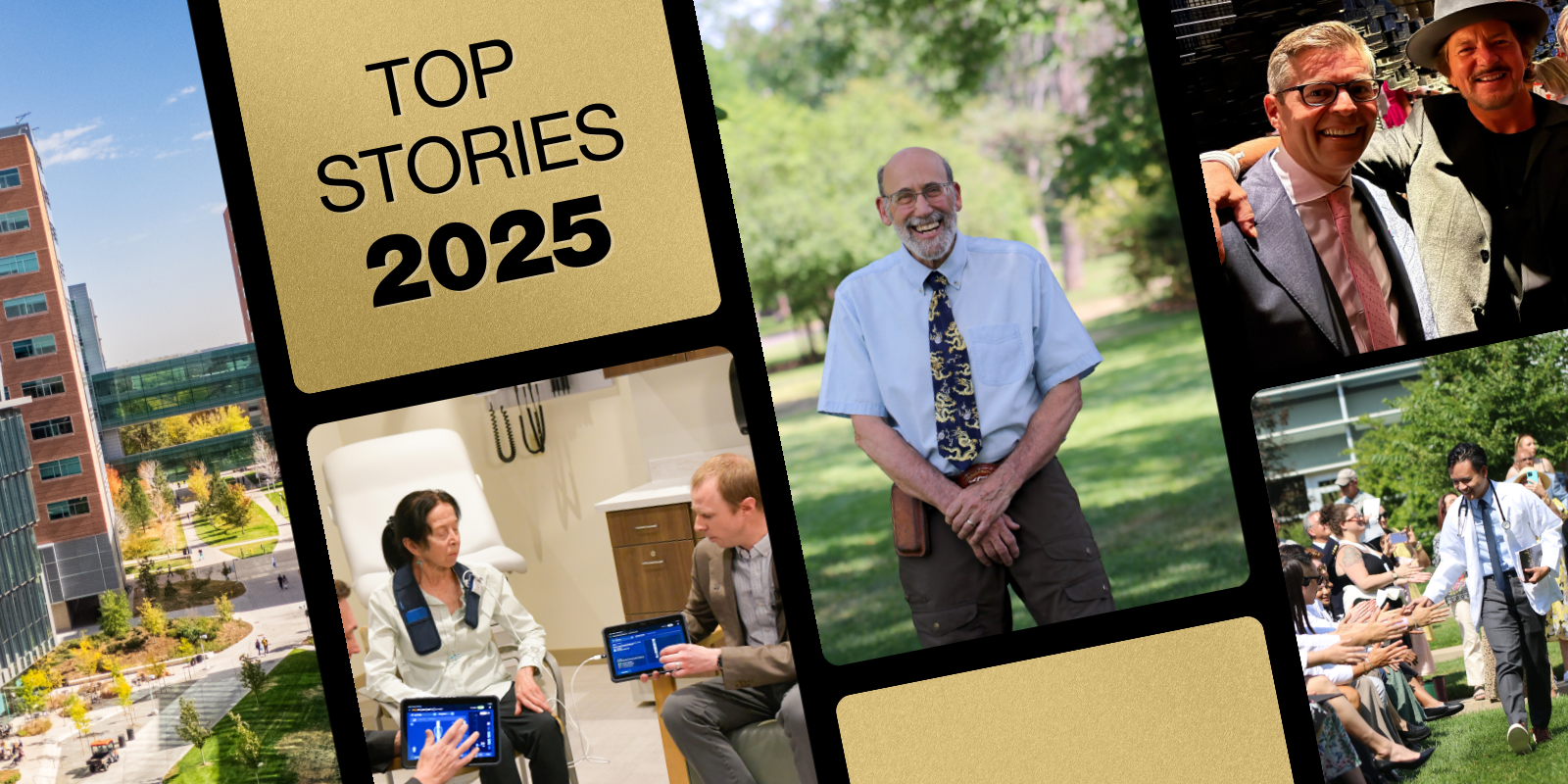Will Cordett considers himself a lifelong communicator.
In elementary school, he remembers always wanting to know more about his fellow classmates and in middle school he’d ask his teachers about their lives outside of school. He was always finding connections with people, even if they didn’t seem to have much in common at first.
"I've always enjoyed getting to learn more about people and how their lives differ from my own. I've never been shy about meeting someone new,” says Cordett, who will this summer begin his journey to becoming a physician at the University of Colorado School of Medicine.
Cordett sees his social skills as an opportunity to improve the field of medicine and build connections and trust between doctors and their patients.
Long-lasting lessons as a caregiver
Cordett, who grew up in Orange, California, attended the University of California Santa Barbara where he got his first experience in the medical field with a degree in biopsychology and a job as a in-home caregiver for an elderly man with dementia.
“It was a really complex experience,” Cordett says of the two years he spent with the man. “I realized that sometimes it was most important just to be a friend. The human experience is complicated, but it comes down to connection.”
Some days, Cordett would remind the man to take his medications and on others they’d play tennis. In many ways, they were equally important parts of the job.
“When we met, I was 21 and he was 70, and I had the opportunity to realize that we weren’t that different. We had different perspectives, we came from different places, and yet we could laugh at the same things,” Cordett says. “I enjoyed getting to know somebody so closely.”

Will Cordett visiting San Francisco, CA.
The experience reinforced the fact that being a doctor is more than just reaching an end goal with health. “It’s a process,” Cordett says. “With dementia, it was a battle that wasn’t going to be won. There wasn’t much more I could do as a caregiver to solve that, but I could help him enjoy his day.”
Looking back, Cordett says those two years felt like fate.
“It had a really strong impact on me,” he says. "It taught me a lot about life, and the idea that it's very impermanent. It’s both sad and scary that disease can come and drastically transform the landscape of your life, but it's also beautiful that we're in a position where there is an opportunity to make a difference. Even if you can't stop disease, I think you can ease suffering and you can be there for someone when they need it.”
The future ahead
Cordett knows he’ll take his social skills with him through medical school and wherever he lands in the medical field. He’s says he's looking forward to engaging with experts across medicine as a student.
“This idea of human connection is really important to me, and I believe it’ll make a difference in whatever specialty I end up choosing,” he says.
For now, he’s looking forward to realizing his passions in health care and connecting with fellow medical students.
“I’m thrilled about meeting the others who are going to become doctors alongside me,” he says. “It’s daunting to change states for a whole new opportunity – I hadn’t been to Colorado before visiting the campus -- but I know there are others who are doing the same, and I’m looking forward to connecting with everyone.”



